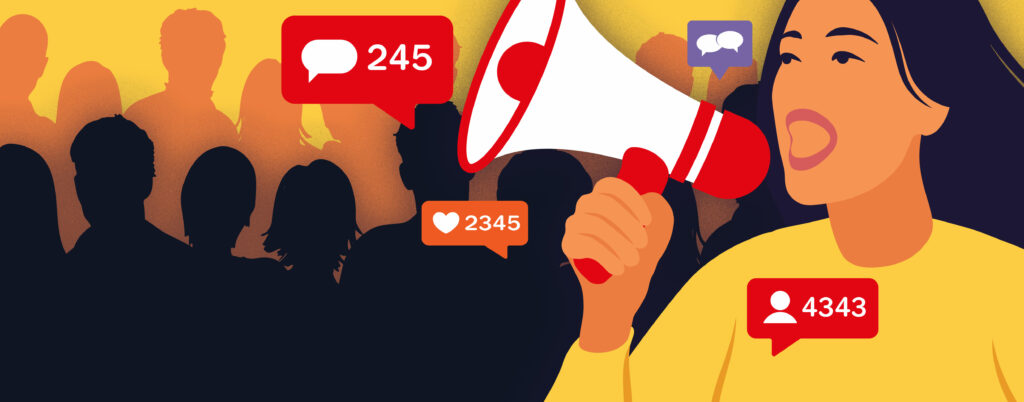Getting Kids Interested in Coding and Programming
“Learn to code” has become a common insult hurled at people we don’t think are doing a good job at their chosen profession. It’s akin to telling someone to take a long walk off a short pier.
But then you think of software engineers who’ve done pretty well for themselves – Bill Gates? Elon Musk? – and you realize that maybe learning how to code isn’t such a bad idea.
Getting our kids interested in the nuts and bolts of computer science is actually a great idea. Coding teaches kids how to solve problems. It teaches them resilience. It helps kids develop their creativity. It teaches entrepreneurship and teamwork. And it can be fun!
There are dozens of websites, apps and programs available to help teach kids the basics of coding and programming. These platforms use combinations of storytelling, games and collaboration to help them learn how to create workable programs and events.
Many of us were forced (!) to take music lessons when we were kids. Only a few of us developed into professional musicians. Some of us played in the high school band or orchestra. But we all learned to appreciate music.
The following coding apps, programs, games and camps are the same: not every kid will take to it. But some will. And all of them will appreciate what goes into software engineering and development.
Daisy the Dinosaur is an app that helps kids as young as four to learn the basic coding concepts. After playing the game, there is a downloadable kit that allows kids to create their own computer game.
Codeable Crafts. This free app for Android devices introduces coding to kids by appealing to their imaginati ions. Kids can animate their own stories or add animations to story sections using “coding blocks.”
Code Combat. Kids love shoot-em-up games. In this program, kids learn coding languages like Python and JavaScript through a gaming platform, guided by virtual teachers. And there is a competitive AI coding league where kids can connect and play with each other.
Codemoji. This app offers a coding curriculum for students in grades 1 to 8. It teaches HTML, CSS and JavaScript to help kids build their own websites and create animations in a virtual play area. Courses are offered at beginner, intermediate and expert levels, with prices at $15 a month or $55 a year.
Hopscotch. Designed for kids 10-16, this app teaches how to build code by creating animated stories, games and art. Working on iPads and iPhones, Hopscotch players can swap ideas and content with others using in-app currency seeds. $19.99/month or $59.99/year, seven day free trial.
Kids Ruby was created to teach kids Ruby code. The downloadable app provides kids with a fun, hands-on experience with Ruby.
Move the Turtle is an iPad app for kids 9-11. It teaches coding for kids, and critical thinking skills.
Robot Turtles is a board game alternative to computer games and apps. Designed for ages 4 and up it brings programming to life as players try to move the turtle to the matching colored jewel on the board.
Scratch and Scratch Jr. These free apps were developed by the DevTech Research Group at Tufts University, MIT’s Lifelong Kindergarten Group and the Playful Invention Company. Scratch is designed for kids 8-16, Scratch Jr. for kids 5-7.
Kids can create their own interactive stories and work with each other to build teamwork skills. There are tutorials and ideas pages to help them generate stories and games.
SpriteBox Coding teaches kids as young as four the basics of coding, including concepts like sequencing, parameters, loops, procedures and basic Swift and Java syntax. It all comes as an “adventure game” that instructs children through coding icons that eventually turn into textual commands. Download for $4.99 from Apple Store or Google Play.
Tynker is an online creative coding platform that teaches computer science concepts to kids 5-18. It starts with block-based coding challenges that turn ionto JavaScript and Python commands. It offers an immersive, game-like approach to keep kids engaged. $25/month for self-paced courses, $60/month for private classes, and $280 for eight weeks of group lessons.
Subscribe To Our Newsletter
Join our subscribers list to get the latest news and updates delivered directly in your inbox.
"*" indicates required fields


